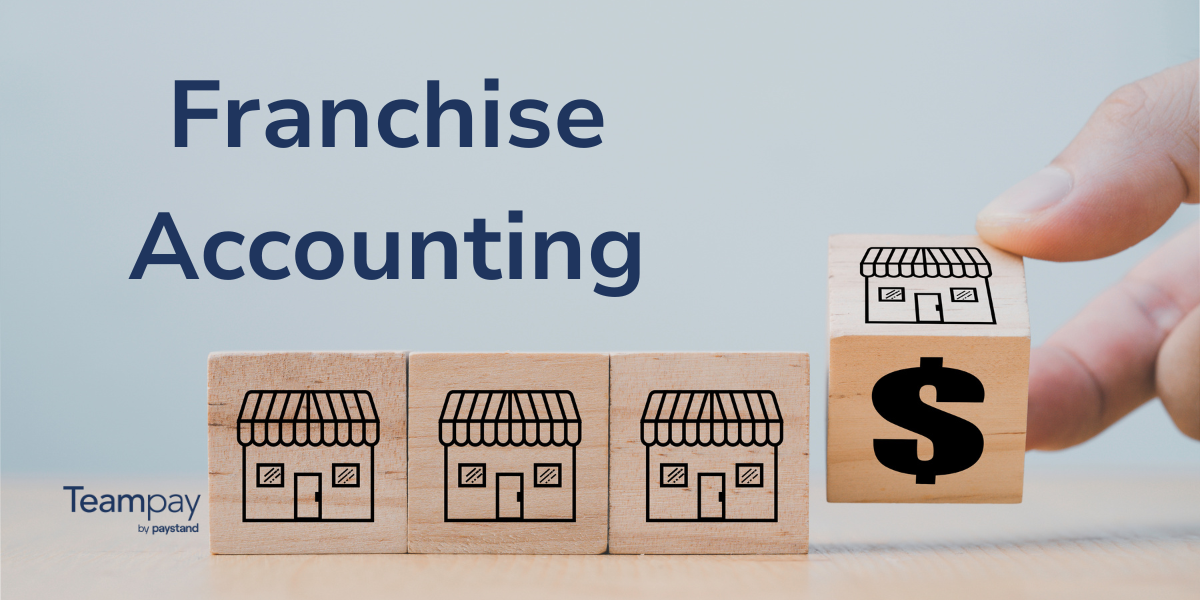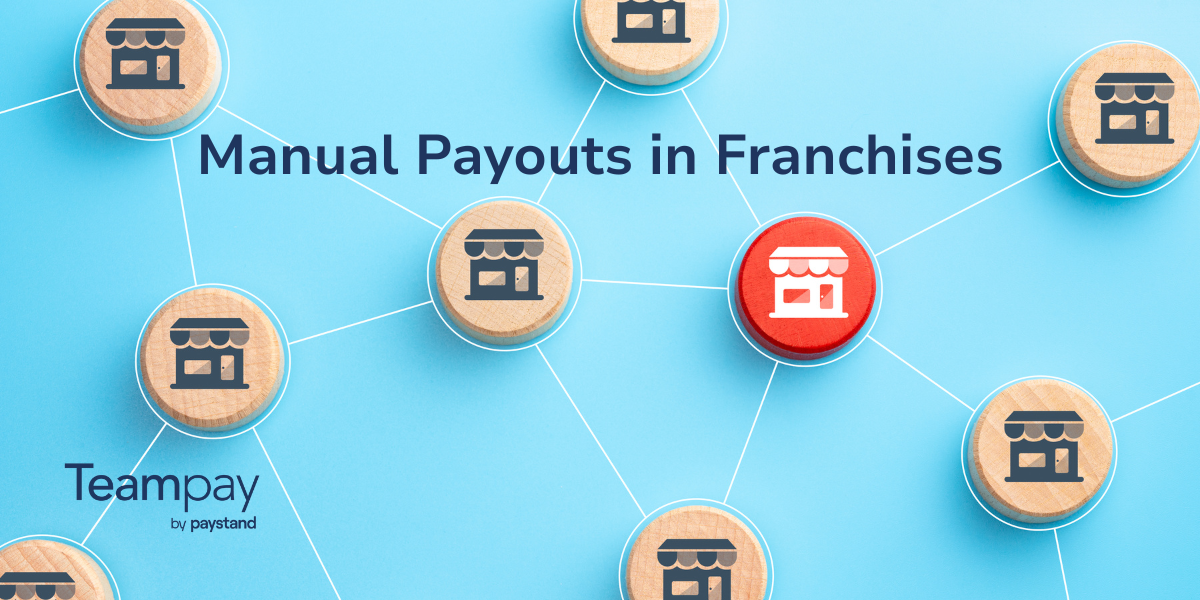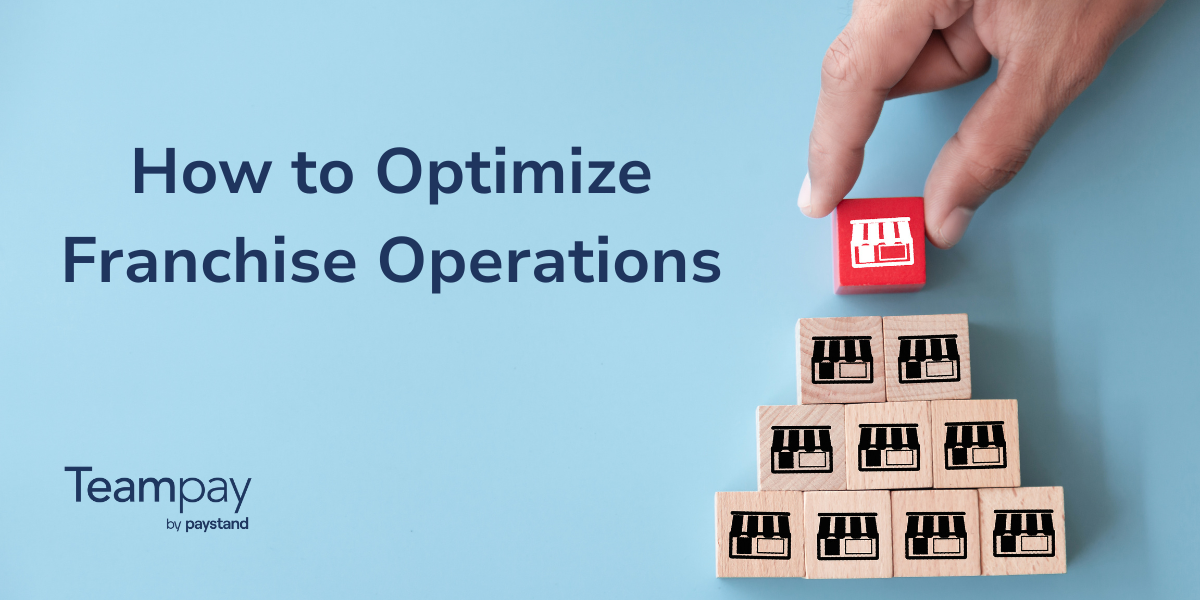While the 2018 adoption rate of cutting edge fintech is low, the trends that power these technologies will continue to be a hot topic in the new year. Here are four trends that aren't going anywhere in 2019:
Automation
Recent advances in AI, especially robotic process automation (RPA), make it possible for sophisticated software to take over a growing number of finance-related tasks, leaving employees more time to focus on the most complex (and interesting) parts of their jobs. McKinsey & Company reports that a host of basic finance activities are ripe for automation.

Automation of certain basic accounting tasks has already become widespread. For example, nearly all modern bookkeeping software will automatically connect with your corporate bank and credit card accounts and add any new transactions to the books. Compare this with the process of pulling out a check register and entering transactions by hand and you’ll see how far finance department automation has already come.Finance departments that are already using such tools typically aren’t leveraging their full potential. As the chart below shows, many finance departments that use some level of automation in AP and AR functions are still doing a significant amount of manual work.

A 2018 Bain and Company survey found that 75% of finance decision-makers expect to adopt RPA in the next two years. But it won't stop there. While the technologies are disruptive in their own right, the real evolution will occur in the financial workforce. Rather than simply implementing new enterprise softwares and calling it a day, companies will establish training and upskilling programs that will teach employees to use new software effectively and prepare them for their shifting roles.
Blockchain
As finance automation adoption snowballs, it may inspire CFOs to consider the use of more experimental technology such as blockchain. While there were few practical finance-related applications for blockchain in 2018, that number is almost certain to rise significantly in the next few years. Finance professionals can even get a certificate in blockchain fundamentals from the AICPA to help prepare for the coming onslaught. Ernst & Young reports that while numerous finance functions are ripe for blockchain adoption, implementing blockchain technology for these functions will be a complex matter.

A number of companies have already begun experimenting with blockchain’s finance use cases, including the Big Four accounting firms. For example, IBM built an experimental blockchain-driven asset management program to provide transparency and eliminate the need to store asset data in multiple systems. The diagram below shows how this system shares relevant data across all participants.

Some of the experiments currently in progress will yield results in the coming year, and early adopters will begin using internally developed blockchain technology to manage common finance activities. As blockchain in increasingly leveraged by larger firms, organizations that were initially skeptical of the technology will likely warm up to its use—and even if they don't, industry standards may force them to adopt it regardless.
Cloud
Accounting began its move to the cloud years ago, and the trend continues to accelerate. Cloud-based software has significant advantages over traditional software: users can access such software from any device instead of being tied to a single computer; the service provider takes care of maintenance and updates; and setup is typically far easier than that of on-premises software.The cloud was the perfect beginning for Software as a Service (SaaS) organizations, and they will continue to launch products in this marketplace. Typically sold by subscription, SaaS produces an ongoing revenue stream rather than the one-time purchasing model of traditional software. It also builds a strong connection between a company and its customer, thanks to the collaborative nature of the relationship between SaaS providers and users.Although the subscription model began with small startups aiming to disrupt the industry, large established companies have gotten on board. Intuit, for example, heavily emphasizes its cloud products and encourages businesses to adopt the online versions of its popular QuickBooks and TurboTax lines rather than the desktop versions. The chart below, which shows Intuit’s predicted revenue from cloud-based versus desktop products, is a testament to Intuit's belief in the growth potential of cloud-based finance tools and software.

Although it's unlikely that traditional software will disappear completely anytime soon, cloud-based finance software use will continue to grow at a fast rate. A Bain & Company survey of finance decision-makers yielded the following results regarding cloud-based finance software adoption through 2020:

Data security
Data security in finance applications is the number one concern for finance pros, according to one 2018 Finance Trends survey. Hacks of sensitive customer info and other financial data are increasingly common; if hackers gain access to your company’s precious data, they could cause a great deal of trouble—and the long-term repercussions could be more severe than the immediate damage.

Cybersecurity is heavily influenced by other technology trends. For example, Gartner reports that two of the most prevalent cybersecurity trends for 2018 were cloud-delivered security and artificial intelligence. Decentralization—potentially in the form of blockchain—also shows promise for data security because such systems lack a single point of failure.An increased adoption of cloud-based software, blockchain, and AI in 2019 will continue to propel data security in those directions. New threats, such as Internet of Things (IoT) hacks and a growing ransomware industry, will also spur data-security innovation. As a result, finance departments will become more involved in data management and security. According to an article in the Harvard Business Review, CFOs must take an active role in cybersecurity and “should ultimately be accountable for cyber risk.”












